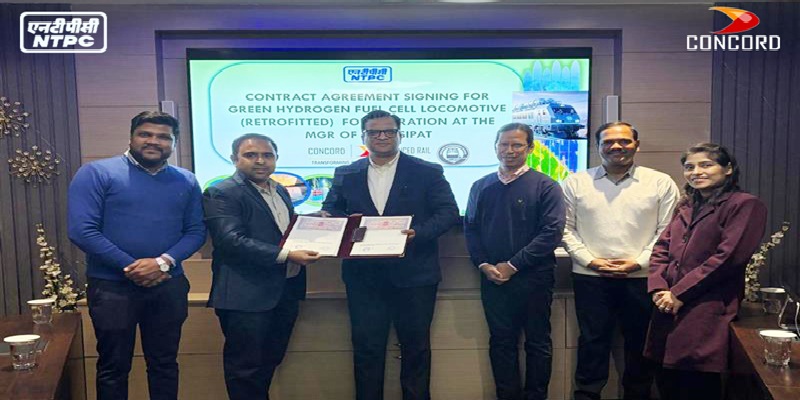Schedule a Call Back
RHI Magnesita is spearheading adaption of Industry 4.0: Parmod Sagar
 Indian Economy
Indian Economy- Oct 25,24

Related Stories
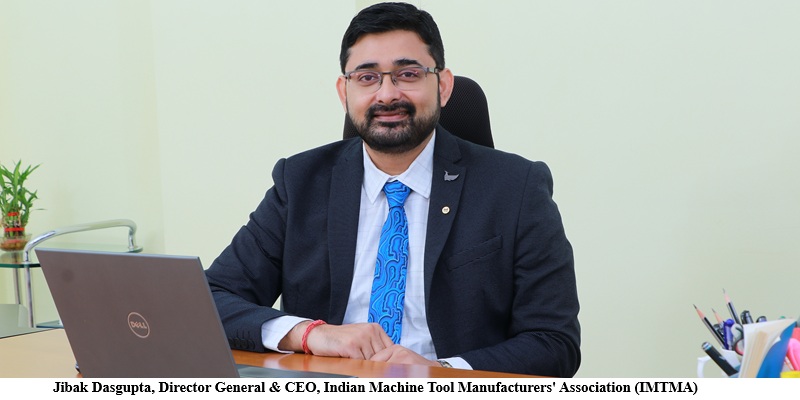
IMTEX Forming celebrates human ingenuity & machine intelligence: Jibak Dasgupta
In this interview with Rakesh Rao, Jibak Dasgupta, Director General & CEO, Indian Machine Tool Manufacturers' Association (IMTMA), explores trends in the machine tools industry and shares some highl..
Read more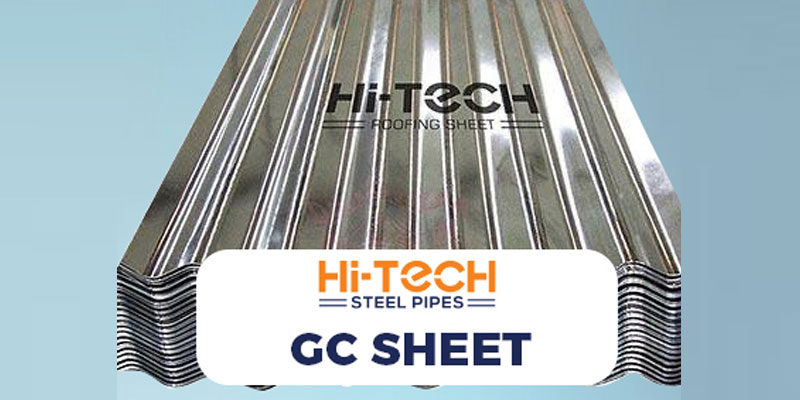
Hi-Tech Pipes Starts Commercial Output at Kathua Plant
New Jammu unit boosts capacity and strengthens northern market reach
Read more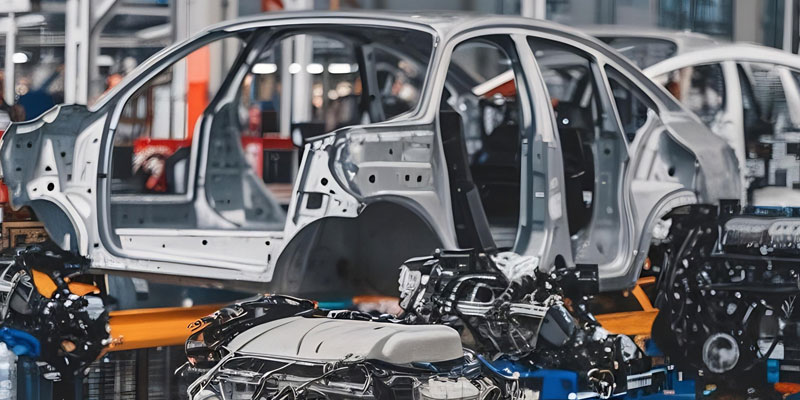
EV transition and tariff wars redefine India’s auto components play
India’s auto component industry is poised to hit $ 145 billion by FY30 from $ 80 billion in FY25. Yet high US tariff, EV transition and heavy reliance on imports from China expose vulnerabilities,..
Read moreRelated Products
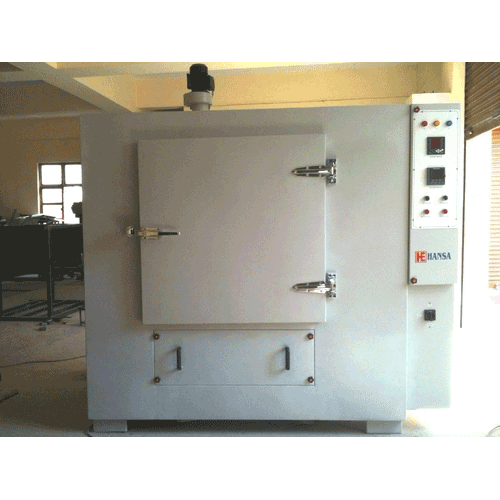
Heavy Industrial Ovens
Hansa Enterprises offers a wide range of heavy industrial ovens.
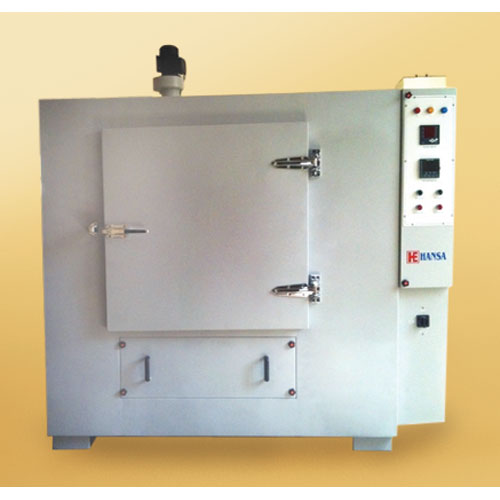
High Quality Industrial Ovens
Hansa Enterprises offers a wide range of high quality industrial ovens. Read more
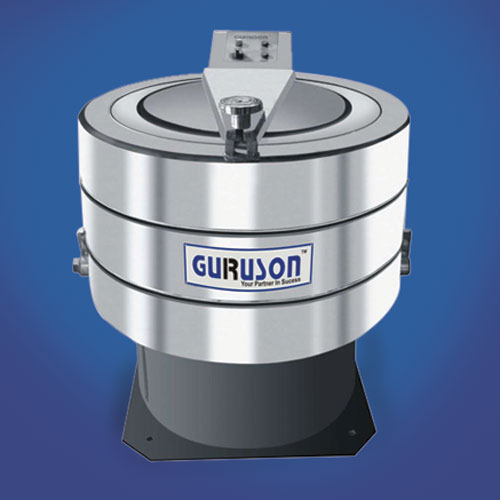
Hydro Extractor
Guruson International offers a wide range of cone hydro extractor. Read more





